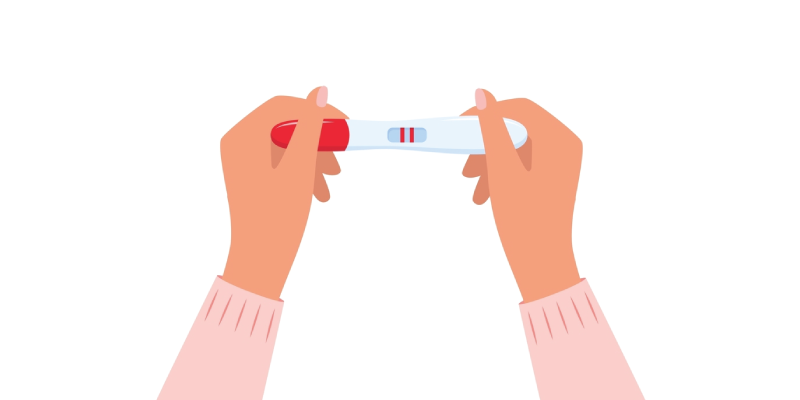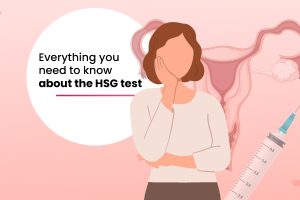Two Week Wait: Everything you need to know- Oasis Fertility

Author: Dr. Sai Manasa Darla, Consultant, Fertility Specialist & Laparoscopic Surgeon
For those who are about to undergo IVF and are unfamiliar with the phrase “two-week wait”, don’t worry we got you covered with the specifics of it.
Firstly, do you know about the HCG hormone?
Human chorionic gonadotropin (hCG) is a hormone that is released upon attachment of the embryo to the uterine wall indicating successful implantation. It contributes to the development of the uterine lining and fetal growth.
The presence of HCG in blood and urine samples indicates a pregnancy.
What is the two-week wait period?
During the IVF process, after the embryo has been transferred it takes almost 2 weeks for the embryo to get implanted into the uterine wall and produce enough hCG (human chorionic gonadotropin) hormone which can be analyzed by a blood test. This period between an embryo transfer and the blood test to indicate a positive pregnancy is called the two-week wait period.
Why should one wait for two weeks to take a pregnancy test after IVF?
In case of a urine pregnancy test i.e. at home pregnancy test only detects the presence of hCG in urine. Whereas a blood test helps to analyze the amount of hCG present in the body. Along with the amount of hCG present in the body, the gradual increase in the hormone levels is of significance which can be analysed only after 11-14 days of successful implantation with the help of a blood test.
Also, during IVF if hCG is used for ovarian stimulation it takes about 14-16 days for artificial hCG to leave the body. Hence a blood test after two weeks of embryo transfer is the accurate way to confirm a pregnancy than an at-home pregnancy test. A blood test also helps to avoid false positive and false negative results.

Possible symptoms to expect after the embryo transfer:
– Spotting or bleeding
– Cramps and pelvic pain
– Soreness in breasts
– Tiredness
– Nausea
– Changes in vaginal discharge
– Missed periods
Do not read too much into the symptoms. You need not panic as long as the symptoms are not very serious. Get in touch with your doctor if the symptoms cause too much discomfort.
What can you do to help with implantation after IVF?
After transfer, the probability of implantation depends on the embryo and the uterine lining, and there’s not much one can do to help with the process. It is a stressful and difficult time to get through emotionally, physically, and mentally.
We have got you a few tips for the 2-week wait:
– Go easy. Avoid heavy lifting, hot baths, and intensive workouts.
– Steer clear of alcohol, smoking, or tobacco.
– Do not skip or stop taking the medications until your doctor says so.
– Mood swings and hormone changes are natural. Take time off and practice some relaxation techniques.
– Spotting and bleeding might occur. Don’t be alarmed. Consult with your doctor.
– Eat healthy and sleep well.
– Resist from taking an at-home pregnancy test until the completion of 2 weeks to avoid false positive results.
– You might experience sharp pelvic pain and cramps with or without bleeding. It is normal and do not panic.
– Abstain from sex. Sexual intercourse after embryo transfer is not a good move.
Bottom line:
Lastly, hope for the best but also be prepared for the worst. The two-week wait is often referred to as the hardest part of fertility treatment and can be a nerve-wracking time. But it is also worth the wait.
We hope that the above few tips will help you to navigate and cope with the two-week wait period.










